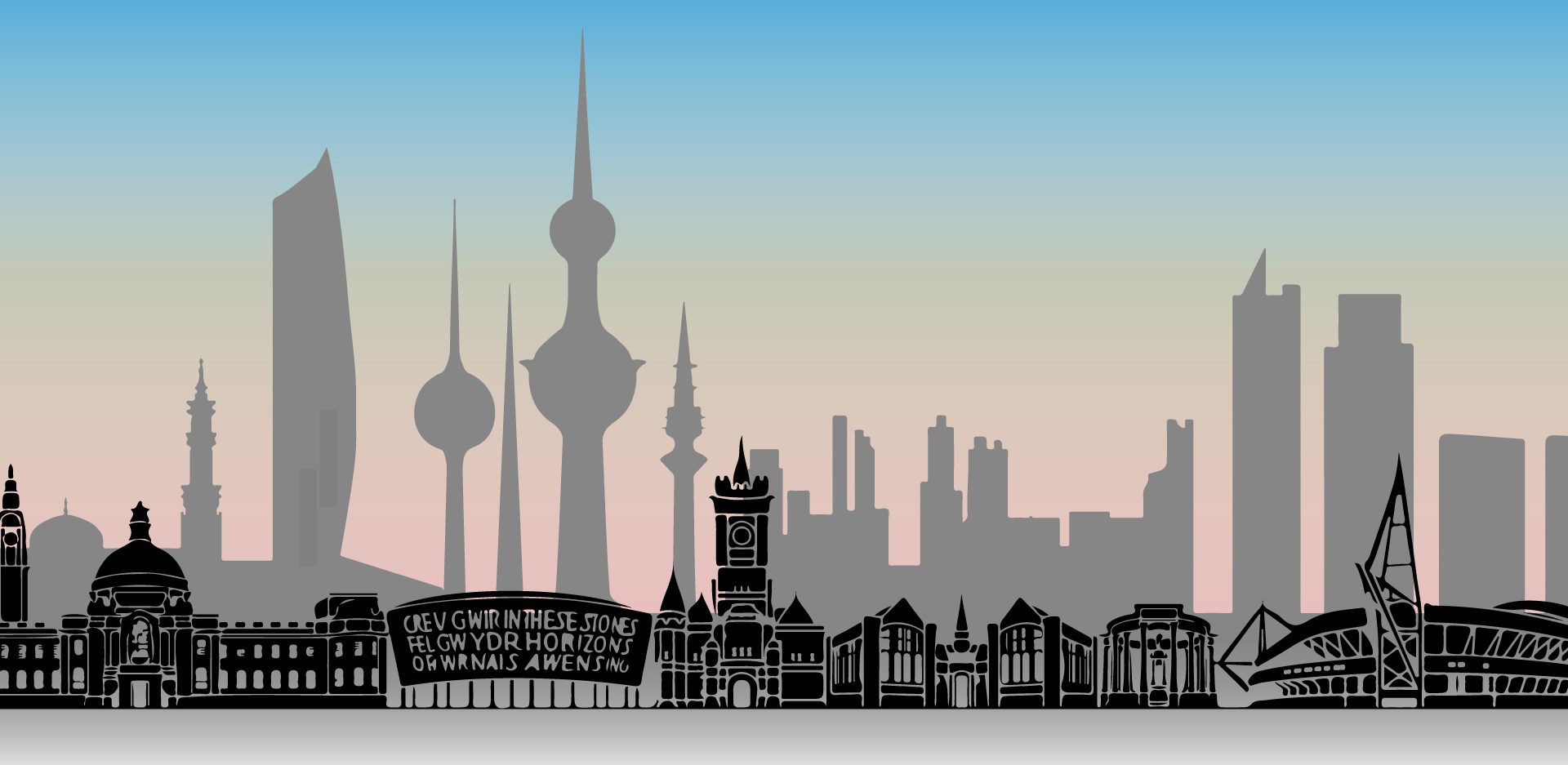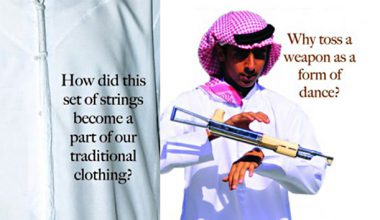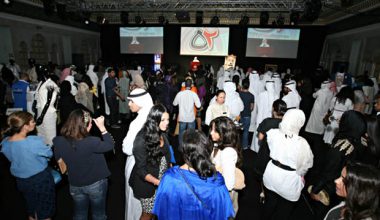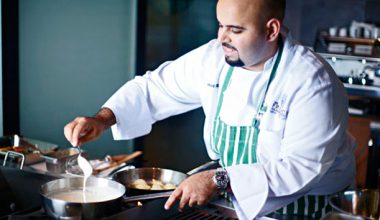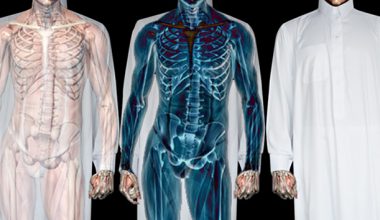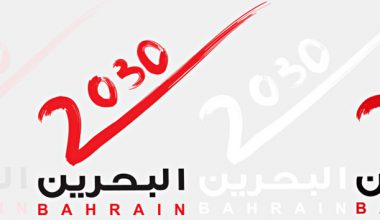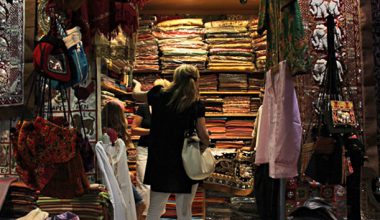Language is something we use to communicate with every day, yet its constant development can pass by us so fast, to the point of missing both the big and small changes. In my first year at Cardiff, the first thing I noticed is the use of the Welsh language, even though it is used more in the outskirts of the city, it remains extremely minimal. However, it comes back in formal documents, street signs, and guidelines. Thus, I started to compare the changes, which overcame our language, from classical Arabic, to Khaleeji, to regional (Kuwaiti, Bahraini, etc.) and lastly, the most recent change, which includes the English language, and a form of “Arab-ish,” or the so-called “Arabizi.”
In Khaleejesque’s ‘The Urban Issue,’ we featured Yousuf B. Al-Bader, author of ‘Etymology’ and an expert in Linguistics, with a PhD in English Language Linguistics from the University of Sheffield, England. I sat with Yousuf to discuss the current changes of our language due to urbanization, along with the 21st century’s rapid changes, specifically in Kuwait.

During the early development of our language, there was a clash of culture between the already-settled people in Kuwait and the nomads, along with their exchange of languages, which were mainly attributed to tribes rather than locations. This is where Kuwait’s dialect, till this day, is arguably split into two social categories: Urban ‘Hadhar’ and Badu ‘Bedouin’. “Even in 2016, there are certain areas in Kuwait where you find more Bedouins than Hadhar and vice-versa. If you go further to the sixth and seventh ring road, you are likely to find more Bedouins than Hadhar, that’s due to the urban establishments, in which they were found in urban areas, such as Kuwait city.” Yousuf stated.
Nevertheless, this split has been changing so rapidly, that even the dialect that once was a mean of identification is becoming indifferent, due to the huge influence of urbanization; the spread of urban placed stores/brands towards a more Bedouin-inhabited -locations. Yousuf believes that is due to many factors “The Bedouinization is arguably decreasing and the Urbanization is increasing, but I don’t think they would completely abandon their ancestor’s dialect.” Instead of recognizing each other through language, it now switched towards attitudes and means of treatments, making the once different dialects in an equal-level of progressive interchanges.
 Yet, it feels as though there is a loss of identity, especially when we switch during our conversations from Kuwaiti to English and vice-versa, whether we’re in Kuwait or abroad, in times like these it became inevitable for us to preserve our language and cultural identity through different forms; on media, adverts, billboards, brands and promotions, “The more Kuwaiti an advertisement is, people are more likely to remember it, and when they do, they connect and get more attached to it,” Yousuf said.
Yet, it feels as though there is a loss of identity, especially when we switch during our conversations from Kuwaiti to English and vice-versa, whether we’re in Kuwait or abroad, in times like these it became inevitable for us to preserve our language and cultural identity through different forms; on media, adverts, billboards, brands and promotions, “The more Kuwaiti an advertisement is, people are more likely to remember it, and when they do, they connect and get more attached to it,” Yousuf said.
Another main factor lies within education; younger generations are now more exposed to the English language than previous generations, it also applies far more easily as it’s becoming a core class, “Pre-1920’s, and during our parents’ days of education, English wasn’t an essential module, it was optional,” continued Yousuf, “So, we were exposed to Kuwait’s education, from kindergarten to university, because the sphere of education is considered part of the welfare system of Kuwait, and we had to study the classical Arabic Language. Nowadays, some people perceive the classical Arabic as a second or a foreign language, though we study it, but we don’t use it in our daily communications. Yet, it’s still used on the news, in mosques during Friday sermons, and in most formal settings.”

Therefore, our language goes back and forth. But, the remaining question is, are these forces of change and transformation in our language portray a positive or negative aspect on our current society? Yousuf sees it as an evolvement; “We’re automatically documenting our dialects without knowing it. In the old days, Kuwaiti dialect was just spoken words, not written. Now it’s the opposite, tweets are written in Kuwaiti, they are documenting our dialect and accents; it’s an archive, in addition to TV shows. Our mother tongue is not under any kind of extinction, we have more resources now than we did before, and it will not disappear.”
Keeping in mind that there is a certain method of balancing, more of a compromise when it comes to our language, we wouldn’t completely abandon it unless circumstances forced us to, or simply, we chose to abandon it willingly. Reasons definitely differentiate with every individual, yet it’s important for us to notice these changes in our language, their sources. and their results, to adapt and improve on any occurring errors.

